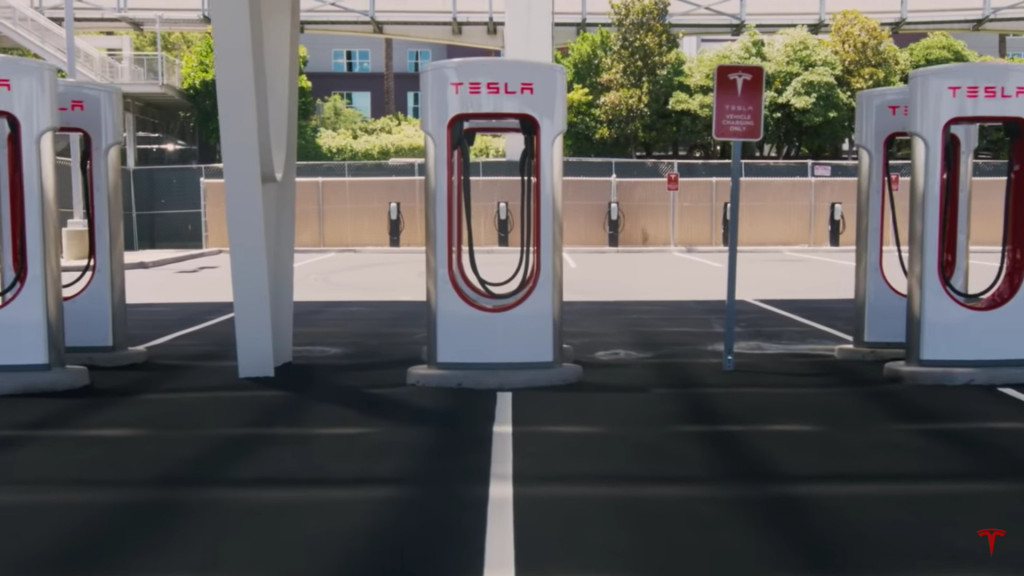The Chinese electric vehicle maker Nio, in a bid to win over new customers, is waiving the fees for something that could be a real selling point in the increasingly tight Chinese EV market: battery swapping.
The company had installed 80 battery swap stations in China in 2018 and now has well over 100 of them. It had planned to install 1,100 of them across China by 2020.
Nio has been charging about $25 for each battery swap, according to Automotive News, or about $130 for a monthly subscription, although the company included 12 free battery swaps a year for early reservation-holders and those who bought the Founders Edition version of its upscale ES8 electric SUV.
Full battery swap in 3 minutes. Exclusive services with a single click. Find out how NIO Power delivers an experience beyond refueling. https://t.co/uhhFd9EJ8h #blueskycoming #electriccar pic.twitter.com/q9JcfrdQjd
— NIO (@NIOGlobal) March 1, 2019
A full battery swap takes just three minutes, which gets owners a fully charged battery faster than the fastest-charging models on the market, including the Tesla Model 3 and upcoming Porsche Taycan.
The ES8’s 70-kwh liquid-cooled lithium-ion pack is otherwise good for gaining 62 miles in 10 minutes from a fast charger (on hardware running at its rated 90-kw peak or higher).
Earlier in the decade a startup called Better Place tried to standardize and popularize the idea of battery swapping. But it found a host of barriers, including swapping stations that were expensive to build, battery packs that were heavy to move around, and resistance to standardization.
Tesla also tried battery swapping and had the process, provided to a number of owners at Harris Ranch, California, down to just 90 seconds. But after a limited pilot program the company abandoned the idea in favor of a stronger Supercharger network.

Tesla Supercharger V3 station - Las Vegas Strip
The offer comes, of course, just as Tesla is rapidly expanding its network of Superchargers in China and working toward production of the Model 3 in China by the end of the year. Tesla's Supercharger V3 hardware is capable of adding about 75 miles of range in just 4 minutes.
Nio also operates a charging network in China, and has been looking for a buyer for its power systems business in China. Amid lagging sales there it’s pulled back from ambitious U.S. plans as well—even though it trades on the New York Stock Exchange.
Will battery swapping give Nio enough of a boost in its home market to revive its international push?













